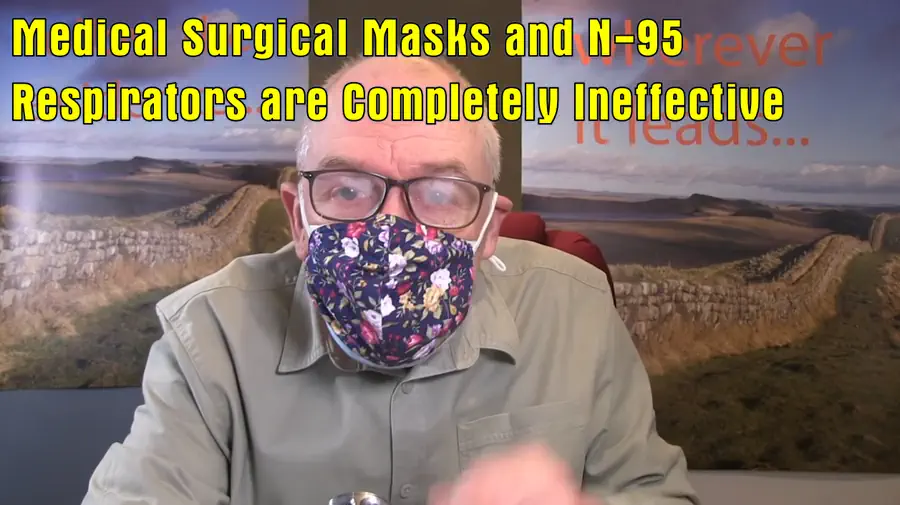Bottom line:
-
- All surgical and cloth masks were completely ineffective.
- N-95 respirators were similarly ineffective.
- In some cases, masks made things worse.
- Why did virtually every medical doctor push for masks despite not having any scientific basis for saying so? Are doctors just being credentialed echo chambers using their titles to act as authority figures to deceive people who are not literate in science?
- Why is the government still pushing mask narratives?
Mar 2, 2023
RCTs did not show a clear reduction in respiratory viral infection with the use of medical/surgical masks.
There were no clear differences between the use of medical/surgical masks compared with N95/P2 respirators in healthcare workers,
when used in routine care to reduce respiratory viral infection.
Do physical measures such as hand-washing or wearing masks stop or slow down the spread of respiratory viruses?
https://www.cochranelibrary.com/cdsr/…
Evidence published up to October 2022.
Background
Influenza (H1N1) caused by the H1N1pdm09 virus in 2009
Severe acute respiratory syndrome (SARS) in 2003
Coronavirus disease 2019 (COVID-19)
Update of a Cochrane Review last published in 2020.
We include results from studies from the current COVID-19 pandemic.
Main results
11 new RCTs and cluster-RCTs n = 610,872
Bringing the total number of RCTs to 78
Medical/surgical masks compared to no masks
Wearing masks in the community probably makes little or no difference to the outcome of influenza‐like illness
wearing a mask may make little to no difference in how many people caught a flu-like illness/COVID-like illness
Risk ratio (RR) 0.95, (0.84 to 1.09)
9 trials, n = 276,917 participants
Moderate-certainty evidence.
Wearing masks in the community probably makes little or no difference to the outcome of laboratory-confirmed influenza/SARS-CoV-2
RR 1.01, (CI 0.72 to 1.42)
6 trials, n = 13,919
Moderate-certainty evidence
Harms were rarely measured and poorly reported
(very low-certainty evidence).
N95/P2 respirators compared to medical/surgical masks
We pooled trials comparing N95/P2 respirators with medical/surgical masks
We are very uncertain on the effects of N95/P2 respirators compared with medical/surgical masks on the outcome of clinical respiratory illness
Compared with wearing medical or surgical masks, wearing N95/P2 respirators probably makes little to no difference in how many people have confirmed flu and may make little to no difference in how many people catch a flu-like illness, or respiratory illness.
Confirmed influenza
RR 0.70, (0.45 to 1.10)
N = 7,779
Very low-certainty evidence
Influenza like illness
N95/P2 respirators compared with medical/surgical masks may be effective for ILI
RR 0.82
N= 8,407
Low-certainty evidence
The use of a N95/P2 respirators compared to medical/surgical masks
Probably makes little or no difference for laboratory-confirmed influenza infection
RR 1.10
N = 8,407
Moderate-certainty evidence
Restricting pooling to healthcare workers made no difference to the overall findings.
Harms were poorly measured and reported
Discomfort wearing medical/surgical masks or N95/P2 respirators was mentioned in several studies
Very low-certainty evidence
One new RCT
Medical/surgical masks were non-inferior to N95 respirators
N = 1,009 healthcare workers in four countries,
providing direct care to COVID-19 patients.

